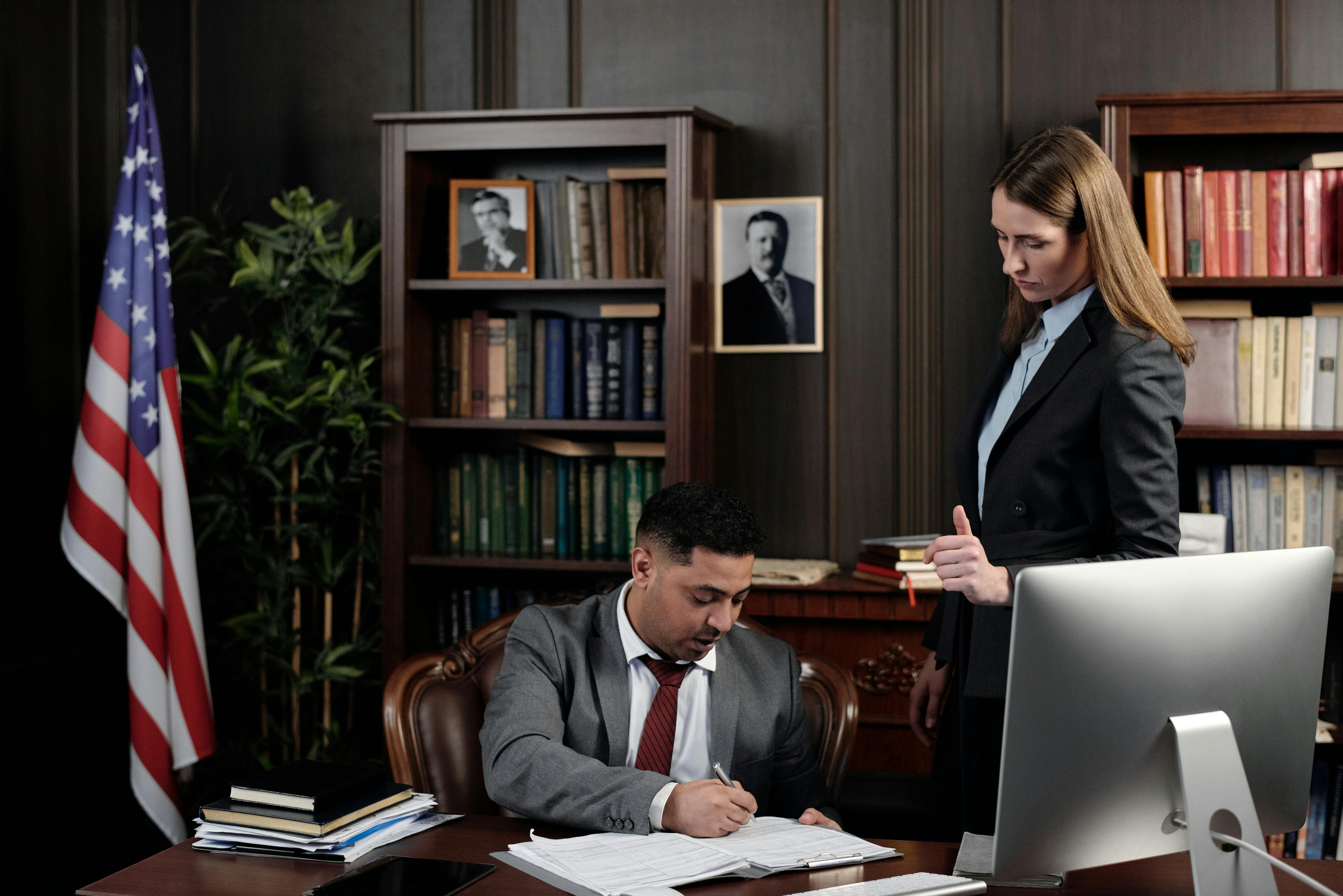Although the number of truly rural areas has decreased over the last half century, rural life still exists throughout the United States. In rural areas, the main industries -agriculture, livestock, logging, fishing- require space. The number of people per square mile is minimal and towns are separated by miles.
In rural areas, the population can be as low as ten thousand people (and often less: the least populous country in the United States, Loving Country, Texas, has fewer than two hundred people). Small towns of several hundred to several thousand continue to serve as local markets and gathering places. Having been spared the major government and industrial complexes that have fueled the growth of their larger neighbors, these areas sometimes seem like lands forgotten by time.
The bar in these small towns will be small and intimate, with population-to-lawyer ratios of a thousand to one or more. Towns of ten to twenty attorneys are not uncommon, and some towns may not even have a single resident attorney. Still, legal business is done, some would say, more quickly and efficiently than in the cities. Deals may be consumed on the downside, attorney incomes are likely to be lower, and legal work may be routine (“belly to grave” as outfitted by a small-town lawyer). Everyone knows everything about everyone else’s business (and personal life). And the lack of access to cultural events can be oppressive for some.
If there is a segment of the population that remains without lawyers, it is probably the one that lives in rural areas. Most law students come from urban centers and return to similar settings upon graduation. Even those who grew up in small towns often remain in larger cities after college and law school. This has resulted in a drain of talent, not only in law but also in other professions, from rural areas. However, for those willing to commit to this lifestyle, a fulfilling future awaits.
law schools
There are more than 180 American Bar Association-approved law schools in the United States, and several dozen more that are not ABA-approved (see Appendix). Graduates of ABA-approved law schools can take the bar exam and become licensed to practice law. in all states on removal and be licensed to practice law in all states of the United States, while graduates of schools not approved by the ABA can generally only sit for the bar exam in the state where it is located. physically his law school.




